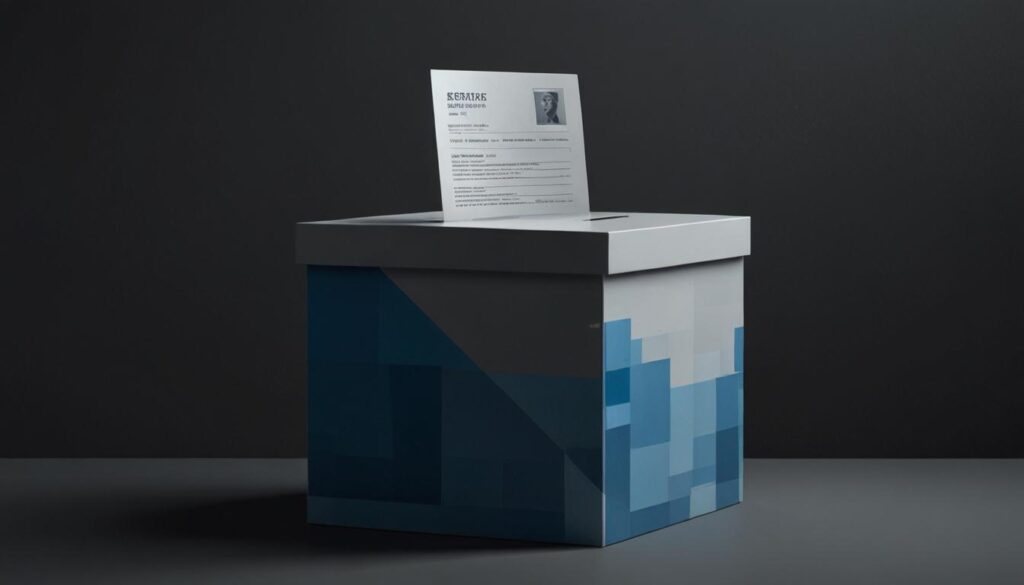With Brazil’s municipal elections set for October, the Tribunal Superior Eleitoral introduces new guidelines focusing on digital ethics, prohibiting the use of deepfakes and ensuring accountability for big tech companies.
New Election Campaign Rules Introduced, Emphasising Digital Ethics
Brasília, 16 August 2024 — With Brazil’s municipal elections approaching in October, the Tribunal Superior Eleitoral (TSE) has unveiled a set of new guidelines aimed at regulating the campaign landscape. These major updates, encompassed in resolution n° 23.732/2024, took effect on Friday, marking the commencement of the official ‘propaganda eleitoral’ period. These elections will see the electorate selecting mayors and city councillors throughout the country.
One of the most notable changes pertains to the use of digital platforms and the distribution of campaign time on television and radio. Given the growing influence of technology in modern campaigns, the TSE’s resolution includes specific regulations addressing artificial intelligence (AI). Under these guidelines, the creation and dissemination of deepfakes—manipulated videos or images generated by AI—is strictly prohibited. This measure aims to curb the dissemination of misleading information.
Furthermore, large technology companies, often referred to as ‘big techs’, are now held accountable if they fail to remove content that spreads disinformation, hate speech, or any forms of racist, homophobic, anti-democratic ideas, including any dissemination of Nazi or fascist ideologies. Additionally, any use of AI in campaign content must be explicitly disclosed. Automated systems designed to simulate interactions with candidates, commonly known as bots, are now restricted.
The communication rules extend to a ban on electoral propaganda in languages other than Portuguese. Additionally, campaigns are forbidden from creating emotional states within the public opinion that may skew the perception of candidates, aiming to maintain a more rational and information-driven public discourse.
In terms of physical campaigning, the resolution permits the use of building façades to promote candidates, provided the display does not exceed 4 square metres. Campaign organisers must notify local police 24 hours in advance of any planned campaign activities and declare the costs associated with rallies and other events to ensure transparency.
Several conventional practices have been prohibited under the new rules. Distribution of campaign materials at polling stations is banned, as is the broadcast of advertisements on public properties. The unauthorised use of artistic works in campaign jingles, performances at rally shows, and the distribution of food baskets or gifts as a form of inducement are explicitly forbidden.
This period of electoral propaganda will continue up to 3 October, three days before the first round of voting scheduled for 6 October. The free electoral broadcast period on television and radio will commence on 30 August, giving candidates a formal platform to present their campaigns to the public.
As the election season heats up, these new measures by the TSE seek to create a more regulated and fair campaigning environment, particularly in the increasingly complex digital era.










